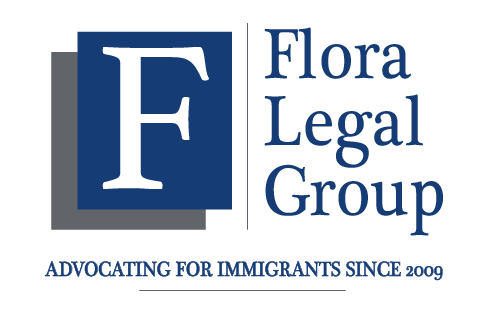Many people are brought to the U.S. through force, lies, or threats and then made to work or perform sex acts against their will. In addition, many members of the immigrant community are also taken advantage of once they are in the U.S. and forced to work without pay or in unsafe conditions. These people are victims of human trafficking, and they often feel scared to ask for help because of their immigration status. The T Visa was created to protect these victims and give them a chance to stay in the U.S. legally.
We’ll explain what a T Visa is, who can apply, which family members may also qualify, and how it’s different from a U Visa.
What Is a T Visa?
The T Nonimmigrant Visa, or T Visa, is for people who have been victims of severe human trafficking. This includes both sex trafficking and labor trafficking:
- Sex trafficking happens when someone is forced, tricked, or threatened into doing sex acts for money. If the person is under 18, it’s considered trafficking even without force or threats.
- Labor trafficking happens when someone is forced, tricked, or threatened into working or providing services.
The T Visa lets victims stay in the U.S. for up to four years. After three years (or sometimes earlier), they may be able to apply for a green card and become a lawful permanent resident.
Who Can Apply for a T Visa?
To get a T Visa, a person must meet all the following requirements:
- Victim of a severe form of trafficking – This means the person was brought to the U.S. or made to stay through force, fraud (lies), or coercion (threats), and made to work or perform sex acts.
- Physically present in the U.S. because of trafficking – The person must be in the U.S. (or at a U.S. port of entry) as a result of being trafficked. This can also include people who were severely impacted by lack of payment of work or failure for work places to protect employees.
- Willing to help law enforcement – If the person is 18 or older, they must be willing to help with the investigation or prosecution of the traffickers, unless they are too traumatized to do so.
- Extreme hardship if removed – The person must show that going back to their home country would cause serious harm, like danger from traffickers, stigma, or lack of medical care.
Can Family Members Also Get T Visas?
Yes. Certain family members of the main applicant can also get T Visas. The rules depend on the age of the applicant:
- If the victim is under 21, these family members may qualify:
- Spouse (husband or wife)
- Children
- Parents
- Unmarried brothers or sisters under 18
- If the victim is 21 or older, only the spouse and children may qualify.
Also, if a family member is in danger because the victim helped law enforcement, they may also qualify for a T Visa even if they are not on the usual list.
How Is a T Visa Different from a U Visa?
Both the T Visa and U Visa help victims of serious crimes, but they are different in some important ways:
| Feature | T Visa | U Visa |
| Type of crime | Only for sex trafficking and work abuses | For many crimes (like domestic violence, assault, kidnapping, etc.) |
| Presence requirement | Must be in the U.S. or remained in the U.S. because of the trafficking | Must have been a victim of a serious crime that happened in the U.S. |
| Law enforcement help | Must be willing to help (unless under 18 or traumatized) | Must have a signed certification (Form I-918B) from law enforcement |
| Annual limit | 5,000 T Visas available per year | 10,000 U Visas available per year |
| Wait time | Usually faster than U Visas because limit is not reached | Often a long wait due to high demand |
Why the T Visa Matters
The T Visa is a lifeline for people who have survived terrible abuse. It offers safety and a chance to rebuild their lives. It also helps law enforcement by encouraging victims to come forward and speak out—without fear of being deported.
If you think you or someone you know may qualify for a T Visa, talk to an experienced immigration attorney. These cases are sensitive and complex, and it’s important to get the right help. Flora Legal Group can help!


